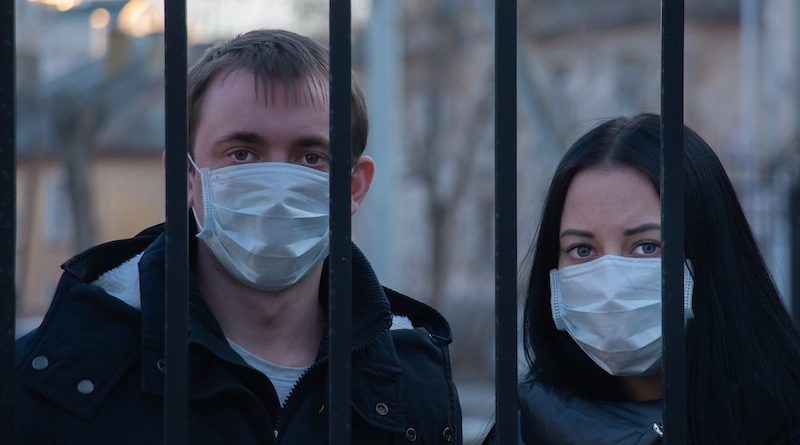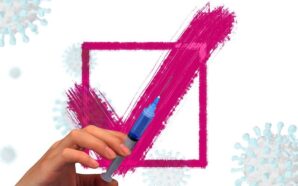The damage that the novel coronavirus, COVID 19 will have on poor countries is nothing short of catastrophic. The impact of this pandemic is far reaching and has spread over to 199 countries. It is not just a public health crisis, it is urgent that we recognize it for what it truly is – a calamity on humanity.
The social ramifications have been profound and while the world scurries around to combat this threat, humanity walks a thin line between an individual’s own safety and that of others. It reminds me of walking on a tightwire, we are doing our bit to flatten the curve and our healthcare providers are also working around the clock, putting themselves on the line to save us, protect us! But it appears our fates still lie hanging in a balance, uncertain because the outcome seems to be calamitous one way or the other.
This pandemic has been a real challenge especially for women. According to the World Health Organization, (WHO), about 70 percent of careworkers including those in the healthcare sector are females. And considering these workers not just care for the sick at hospitals and other related facilities, they are also care providers at home; health risks skyrocket for this particular and important subset of our communities.
As I take extreme measures to self-isolate and minimize my contact with the virus, I can’t help but focus on marginalized women particularly in the informal economy who have limited access to income and other forms of social protection. They struggle in developed nations and more so in developing countries. These women also are mothers and must provide care for households, some of them not their own.
The thought of this makes me look closely at the economic fallout due to COVID-19 and how this pandemic will impact the entire world and the plight of women who dominate the world’s poor. .
We all must do our part to flatten the curve, as many stimulus rescue plans are set and ready to assist those most vulnerable to economic decline. I can’t help but wonder if we are still missing the lesson as we fall into another economic depression.
What about those women unable to meet the requirements to participate in these programs that are needed for their livelihoods during a health disaster that could potentially wipe out a significant amount of our populous? And I think about who is flattening the curve for them? When they can’t go to work because their workplace is quarantined, and they cannot afford to self-quarantine.
As I take extreme measures to self-isolate and minimize my contact with the virus, I can’t help but focus on marginalized women particularly in the informal economy who have limited access to income and other forms of social protection.
As a woman myself, I am disheartened at the idea of another woman being unable to meet her basic needs or provide for her children or keep them safe during this global health crisis. I myself hail from the Bahamas, a developing nation and a small island where I see the struggles way too often. These women are left with less than the bare minimum.
Self-reliance has become the order of the day which can lead women down very dangerous paths of self-destruction. If they are lucky, they can lean on parents and grandparents during this global health outbreak. These very same individuals who care for our health and economic sustainability in some form or the other are the most at risk.
And this is where it becomes obvious for me, my motherland a little chain of islands and keys in the Caribbean. We do indeed share some of the same struggles as other nations, the informal women that I speak about, and so this pandemic is far more dangerous for us in developing nations because it attacks the very fiber of our existence.
Within a blink of an eye we have all become vulnerable in a society imploded with dysfunction and poverty being the breathing ground of cultural dysfunction. Our safety nets are all at risk! No self-reliance, no parents, no grandparents, no social protection and finally no social security reserves. We all have become just like those women victims of informal economies, just as at risk as those healthcare workers and completely at the mercy of a virus that humanity has no resilience to.
We’ve all heard the popular cliché, “It takes a village.” While the original thought stems from an African proverb, it continues to ring in my ear as I practice social distancing and remain steadfast during twenty-four-hour lockdown.
COVID-19 certainly is the largest threat I have ever seen in my lifetime. It is a wakeup call to put humanity on a better path.
Image by Наркологическая Клиника from Pixabay











